Today, there are important updates from the Russian Federation.
Here, for many Russian conscripts, the illusion of patriotic duty has collapsed, resulting in the latest mass shootings, as it was replaced by fear, despair, and an overwhelming urge to escape at any cost, any possibility of being involved in the war. Its grim reality is hardly confined to the frontlines, as it is tearing through Russian society, the army barracks and the minds of the soldiers that can be sent to fight it.

In the latest incident symbolizing this internal breakdown, a Russian conscript opened fire on his fellow soldiers at a military unit in Moscow region, killing two and wounding another before turning the gun on himself. The shooting occurred in the training center of an anti-aircraft brigade for newly drafted soldiers.
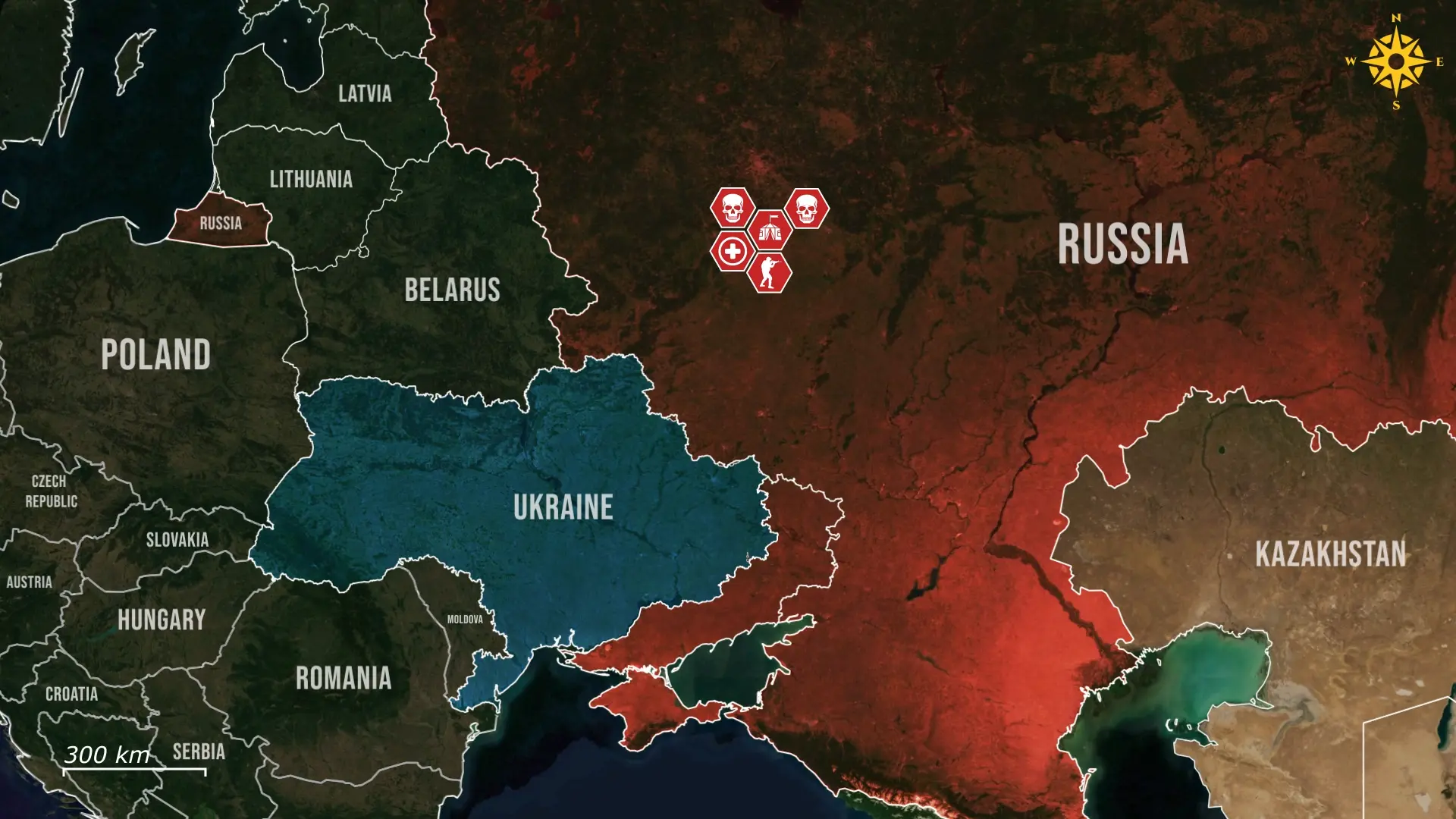
While the Russian army claims motive remains unclear, such cases are no longer rare. Shootings, self-killings, and mental breakdowns among newly drafted troops are increasingly common, reflecting a force that is psychologically cracking under the weight of the war. Russian authorities blame isolated stress incidents yet reports from soldiers and relatives tell a different story of bullying, deprivation, and hopelessness. Despite symbolic claims and censorship, the young conscripts are not blind. They see footage from the front, learn from returning soldiers, and know what awaits them in Ukraine. Many try to flee, but harsh new laws criminalize even online searches for information deemed extremist, a label that conveniently includes criticism of the war.
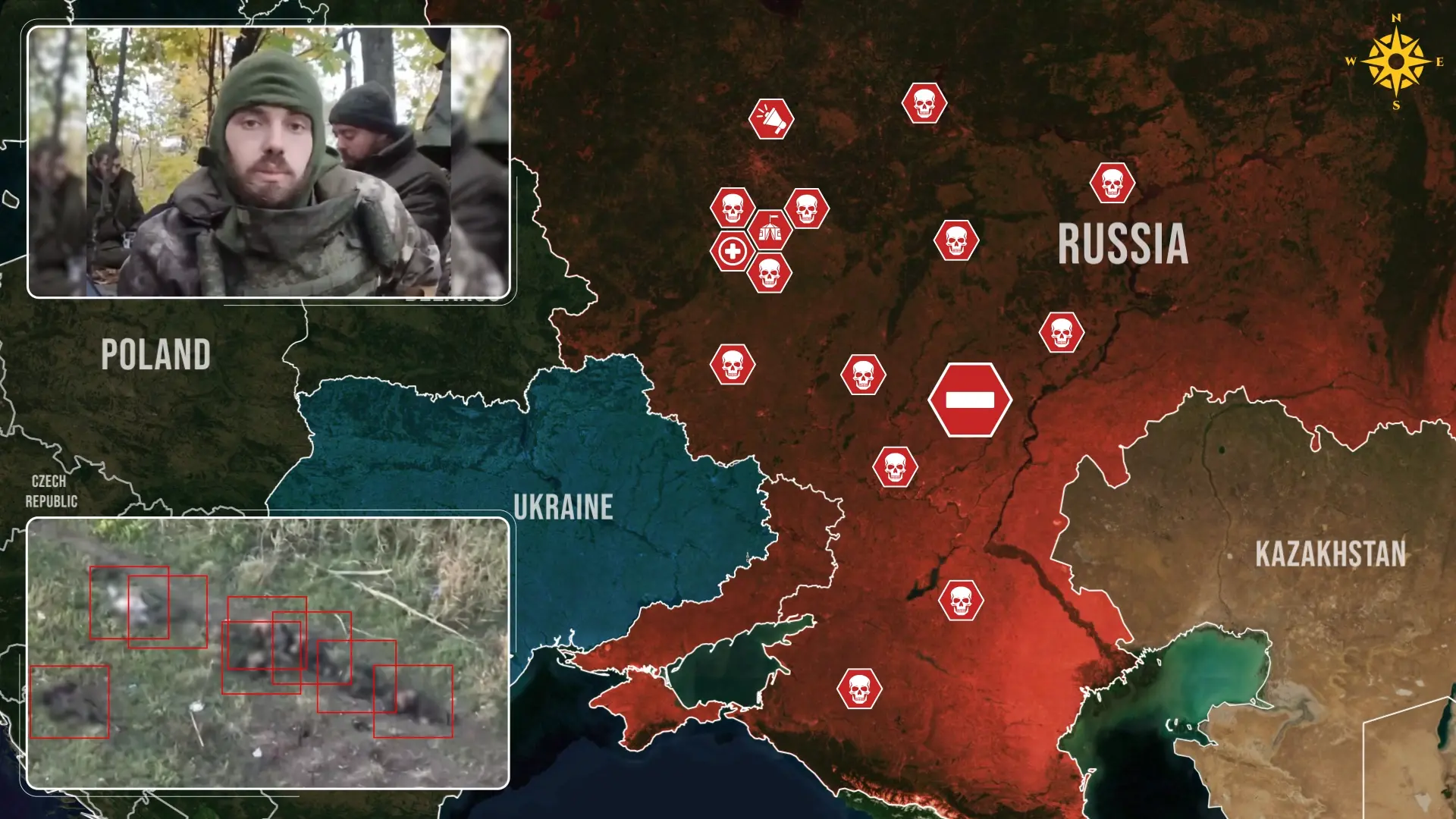
Those who do end up deployed often face harsh conditions with equipment shortages that have reached absurd levels. Soldiers are sent to the front without or with cheap, barely protective vests and plastic helmets, while boots, gloves, and basic gear are often missing. A shocking video shows a Russian soldier gleefully looting gear from his fallen comrades, filming himself as he pulls a helmet and vest off a corpse and sarcastically thanks the dead for their contribution. His cynicism hides desperation, he had been sent into battle without protection and was grateful to find it on the dead. This scene illustrates how corruption and neglect in the Russian military have turned even scavenging into survival.
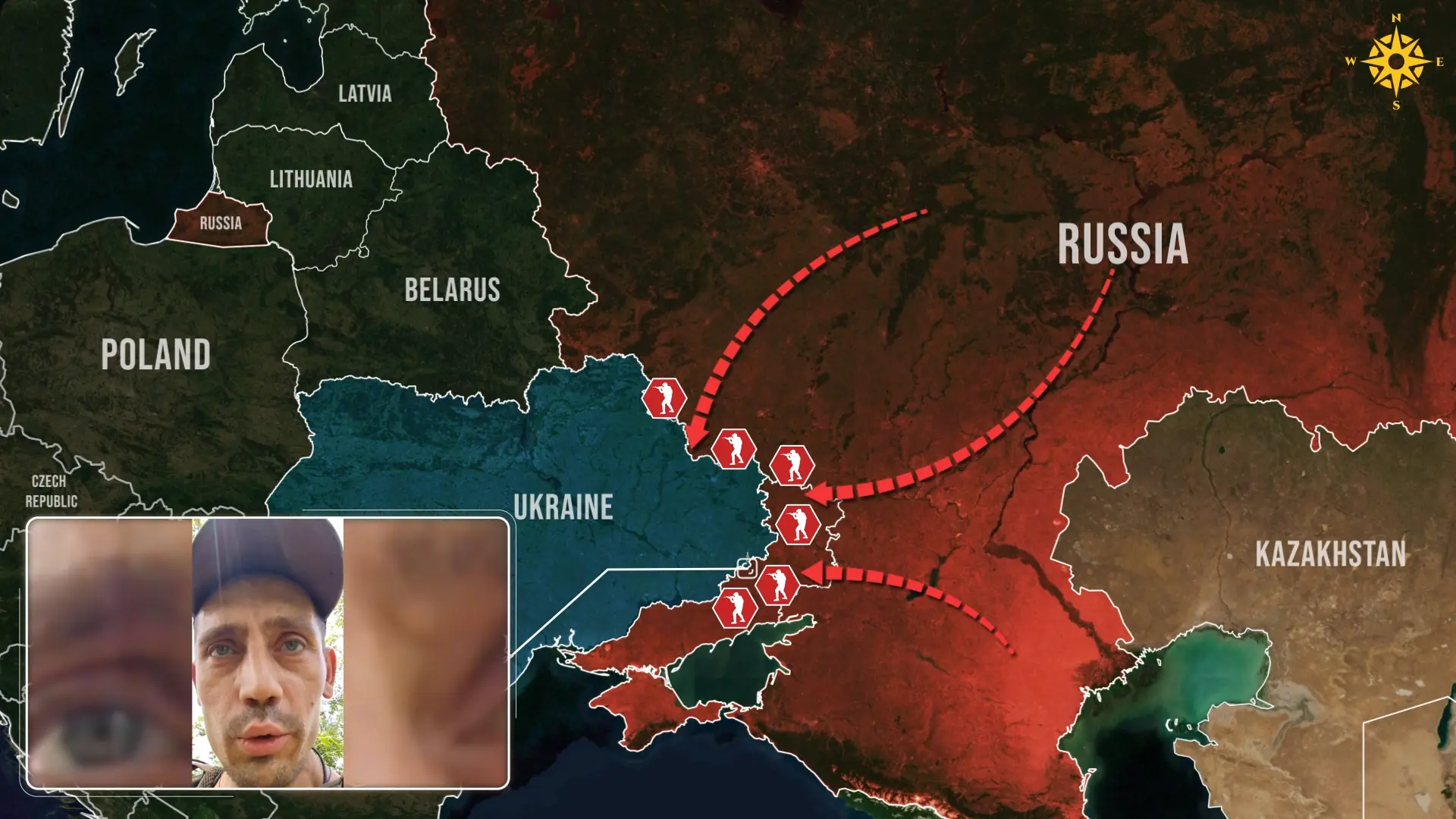
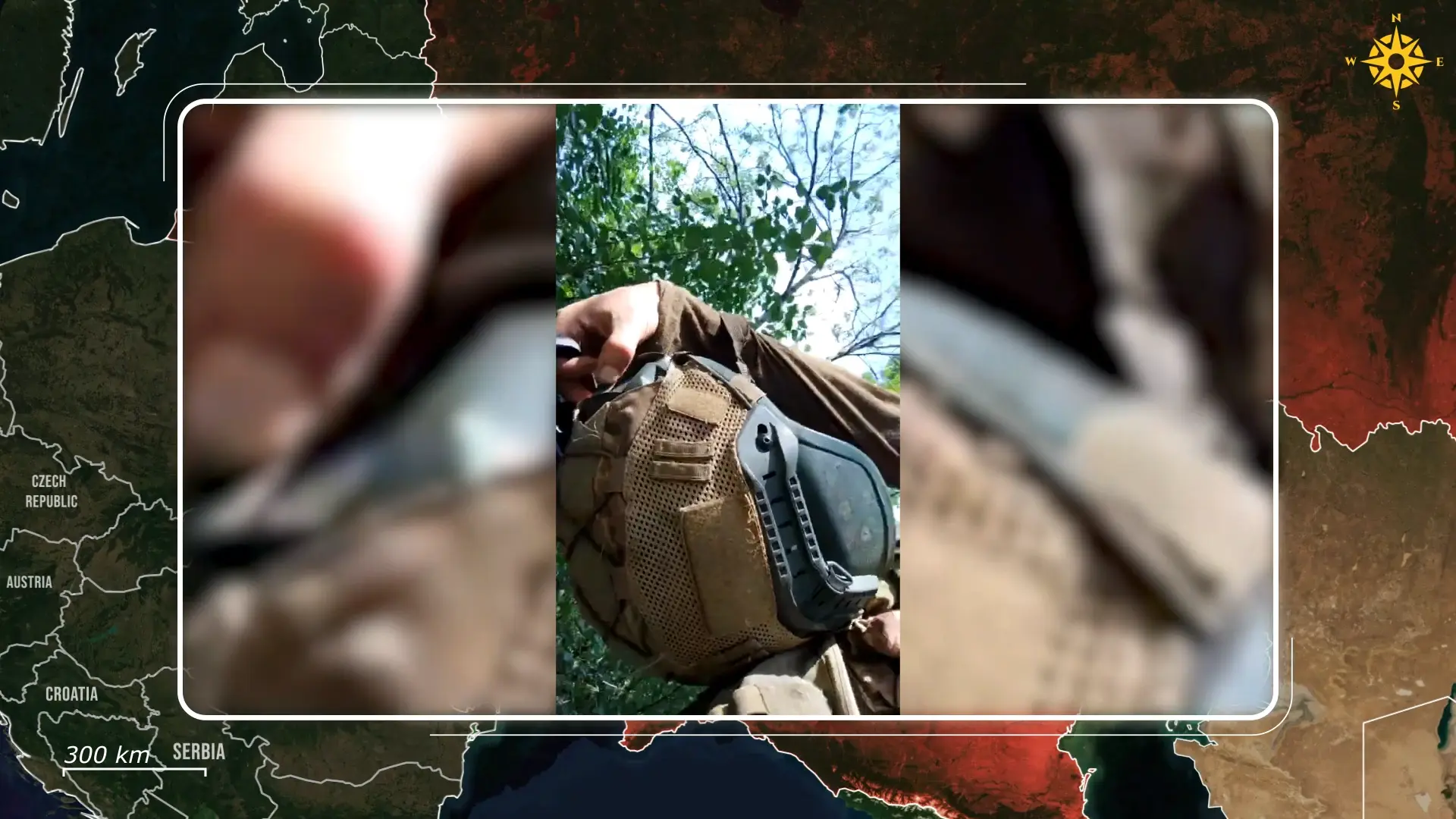
The shortages go far beyond personal gear, as a video released by Ukraine’s 225th Assault Regiment show German detonators from the World War Two-era found in a captured Russian ammunition depot. These relics of the Molotov-Ribbentrop pact between the Soviet Union and Germany, marked with typical German insignia of that time, are a bitter irony for a regime that claims to be fighting fascism in Ukraine. They also expose the staggering depletion of Russian munitions reserves, as Russia is scraping century old stockpiles to keep the war machine running.
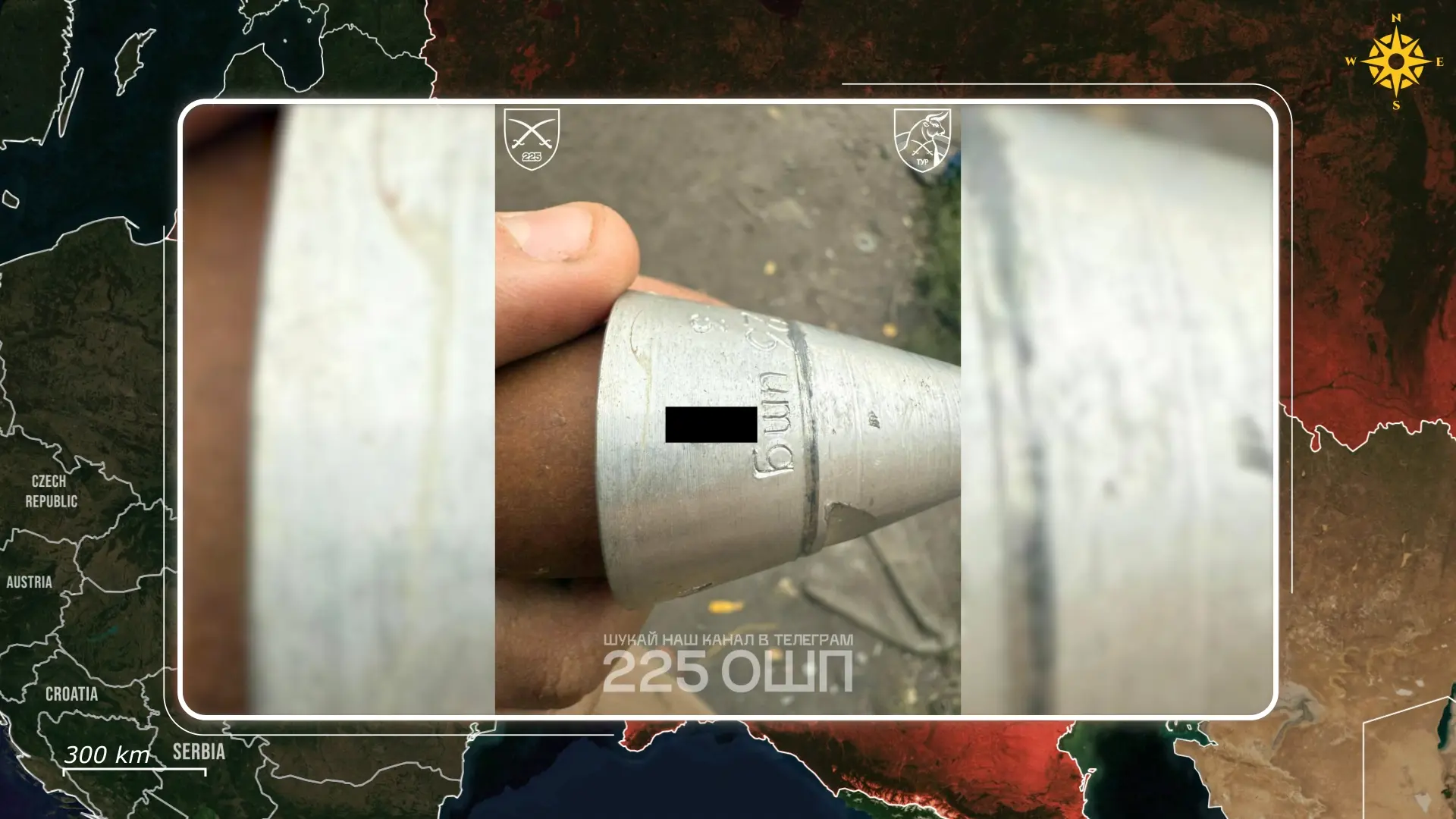
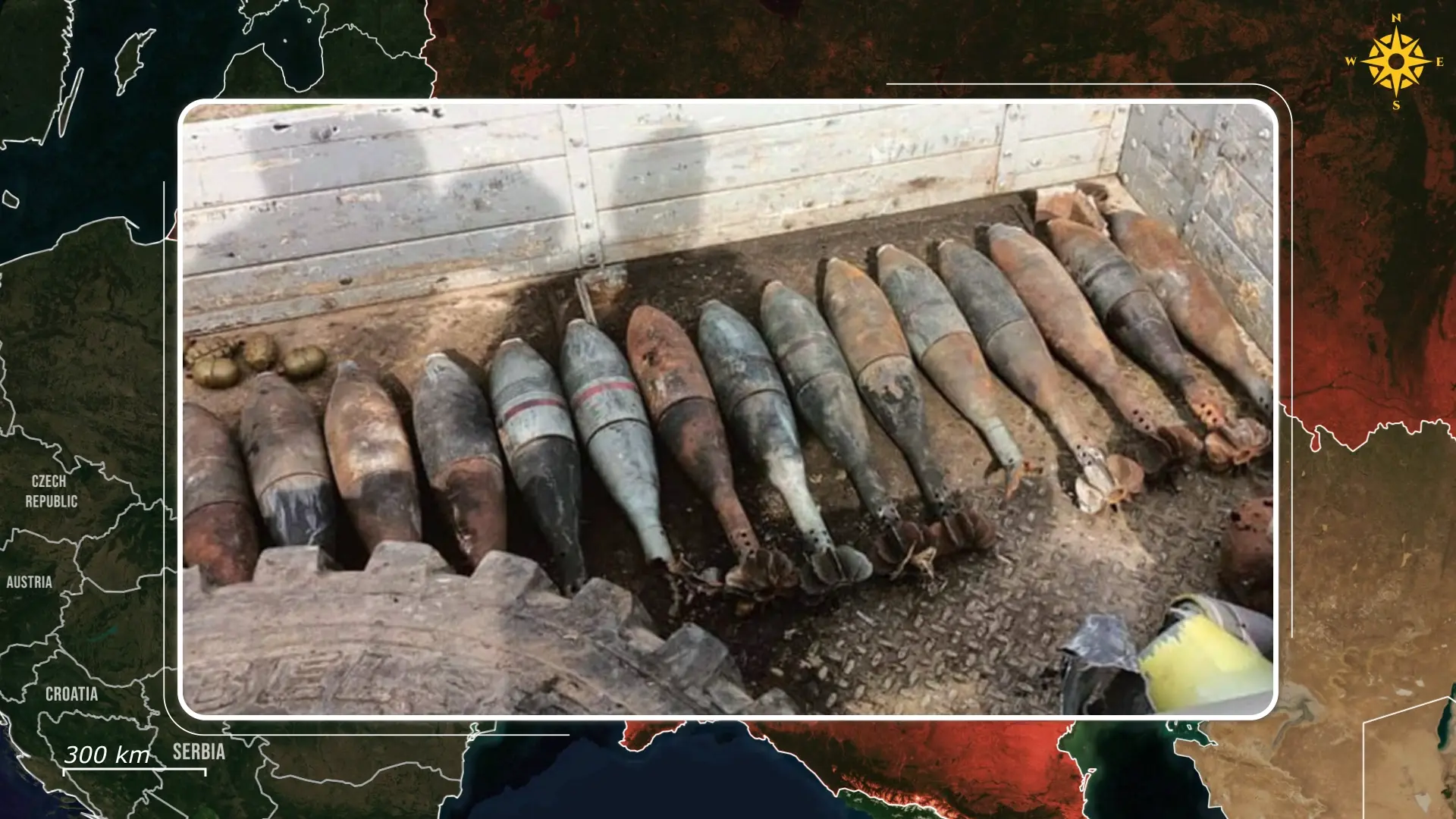
Even those conscripts who have not yet been sent to Ukraine are already feeling the danger. Officially, Russian conscripts cannot be deployed to active combat, but that rule has been quietly bent and broken. Thousands are stationed along the border regions, Belgorod, Bryansk, and Kursk, where they come under drone and artillery fire from Ukrainian forces almost daily.
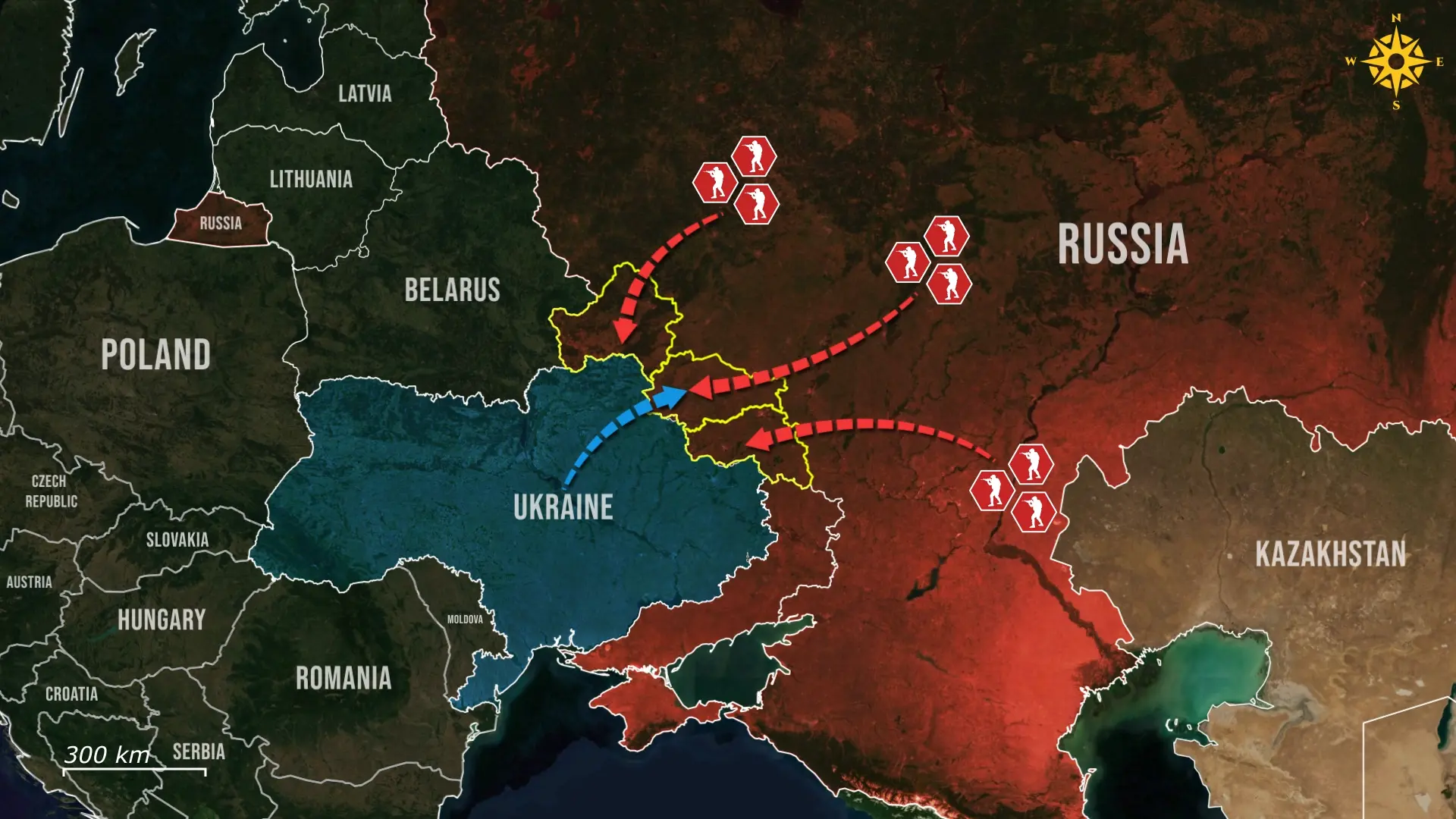
The fear of another Ukrainian incursion, like the one in Kursk last summer that led to hundreds of captured and missing Russian conscripts, haunts many. Lastly, large numbers are coerced into signing so called volunteer contracts, often under threat of punishment and bullying for the remainder of their conscription tour, with this single signature allowing the Russian military to send them straight to the front instead.
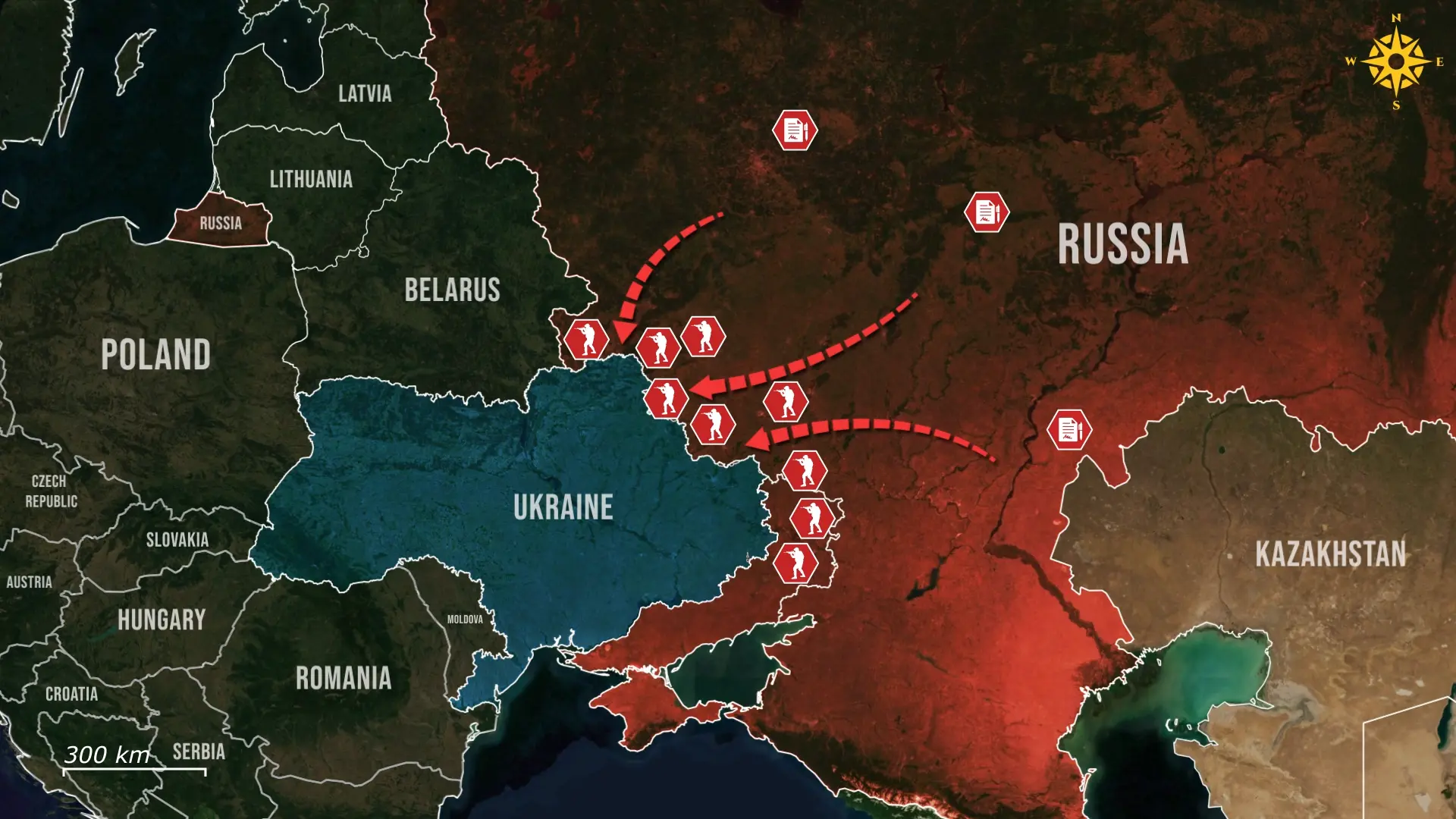
Overall, despite the Russian government’s efforts to hide the scale of the disaster, the truth is seeping through. Millions of Russians now know someone directly affected, a dead friend, a missing son, or a wounded brother. And with that knowledge comes fear and quiet rage, as the Russian state’s myth of the time of heroes is unraveling, replaced by a grim awareness that soldiers are being thrown into a meat grinder.

With no prospects of escaping the war, for many conscripts this means either a desperate attempt to hurt themselves or go to prison at home, or become a nameless victim in the meaningless territorial gains statistic of their commanders.
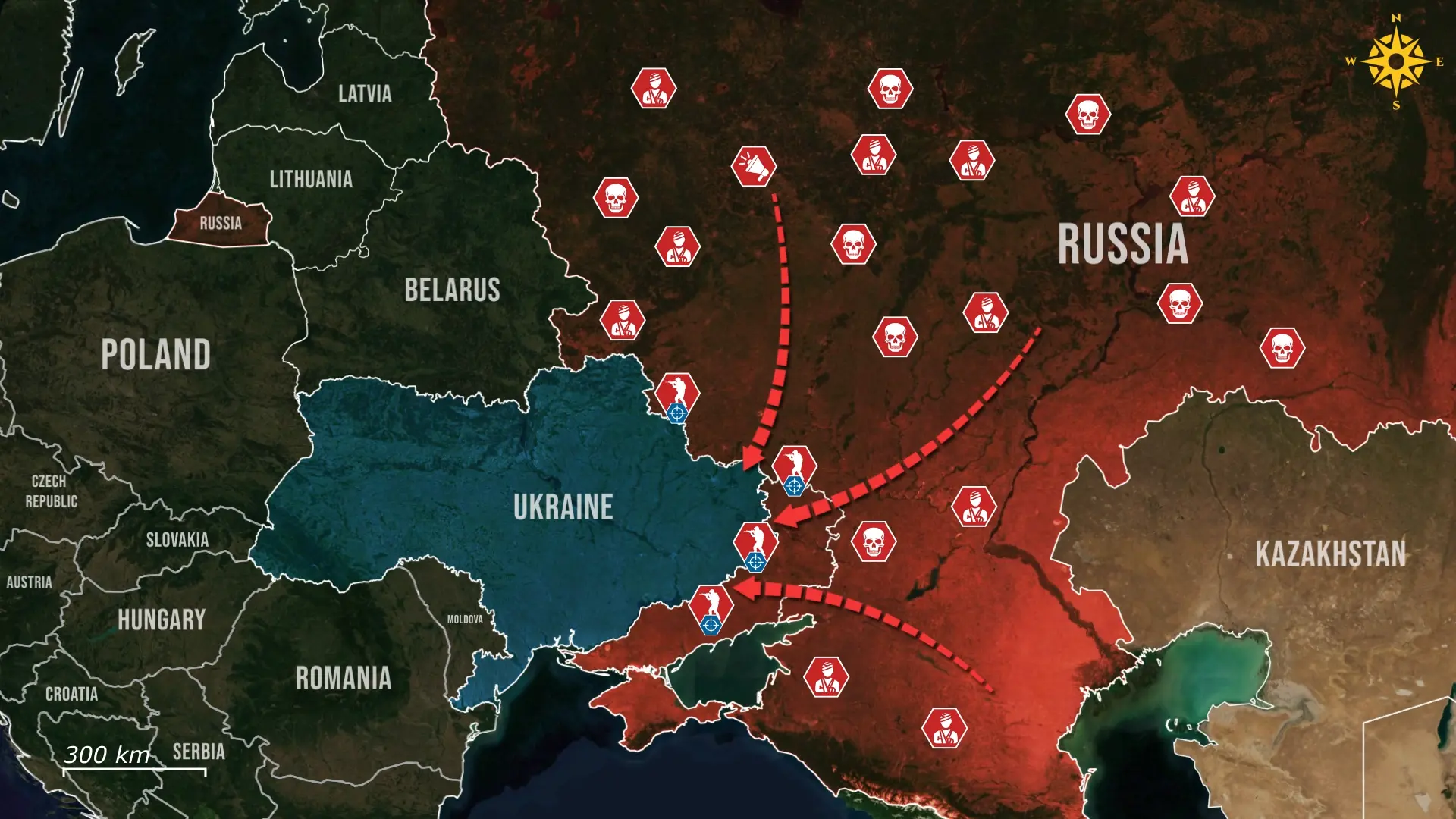

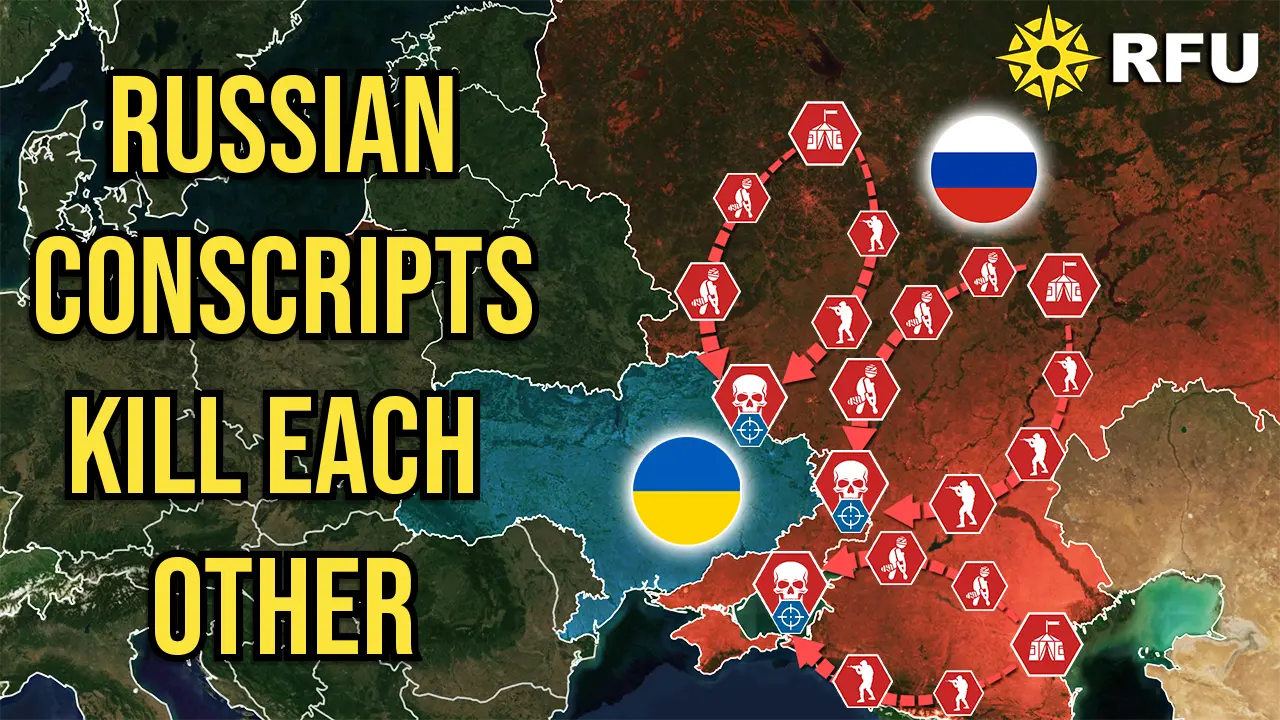
.jpg)
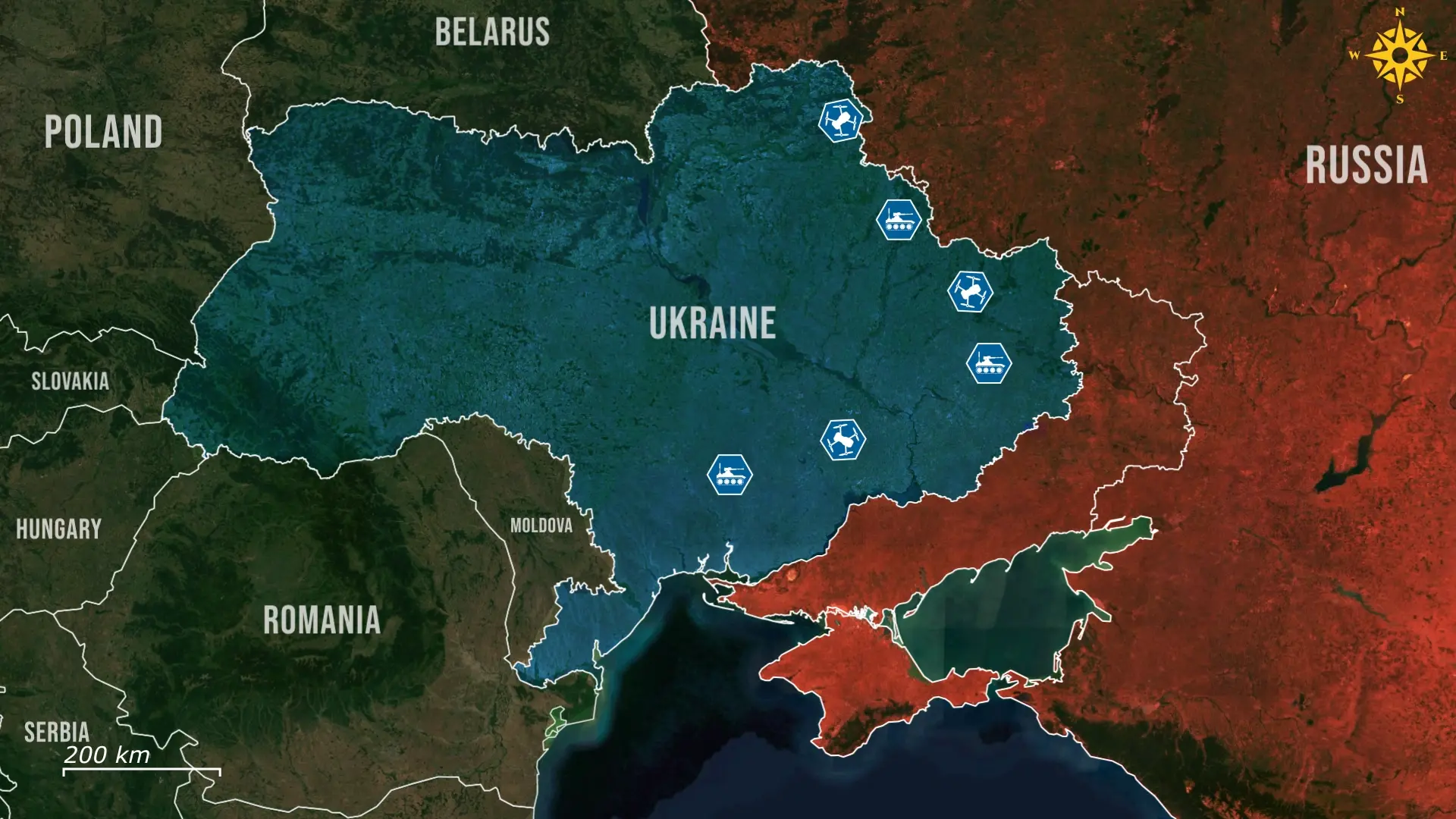
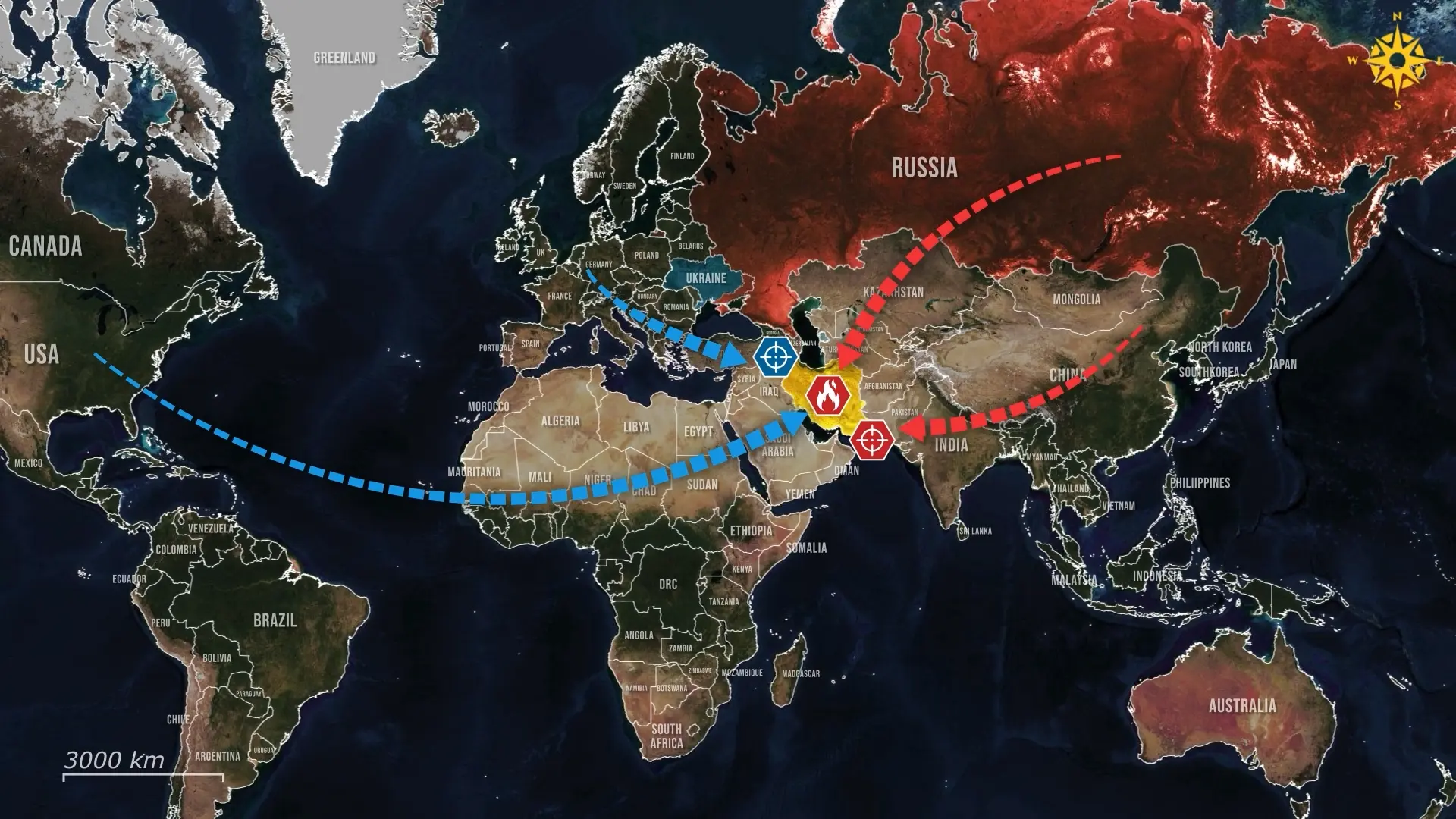
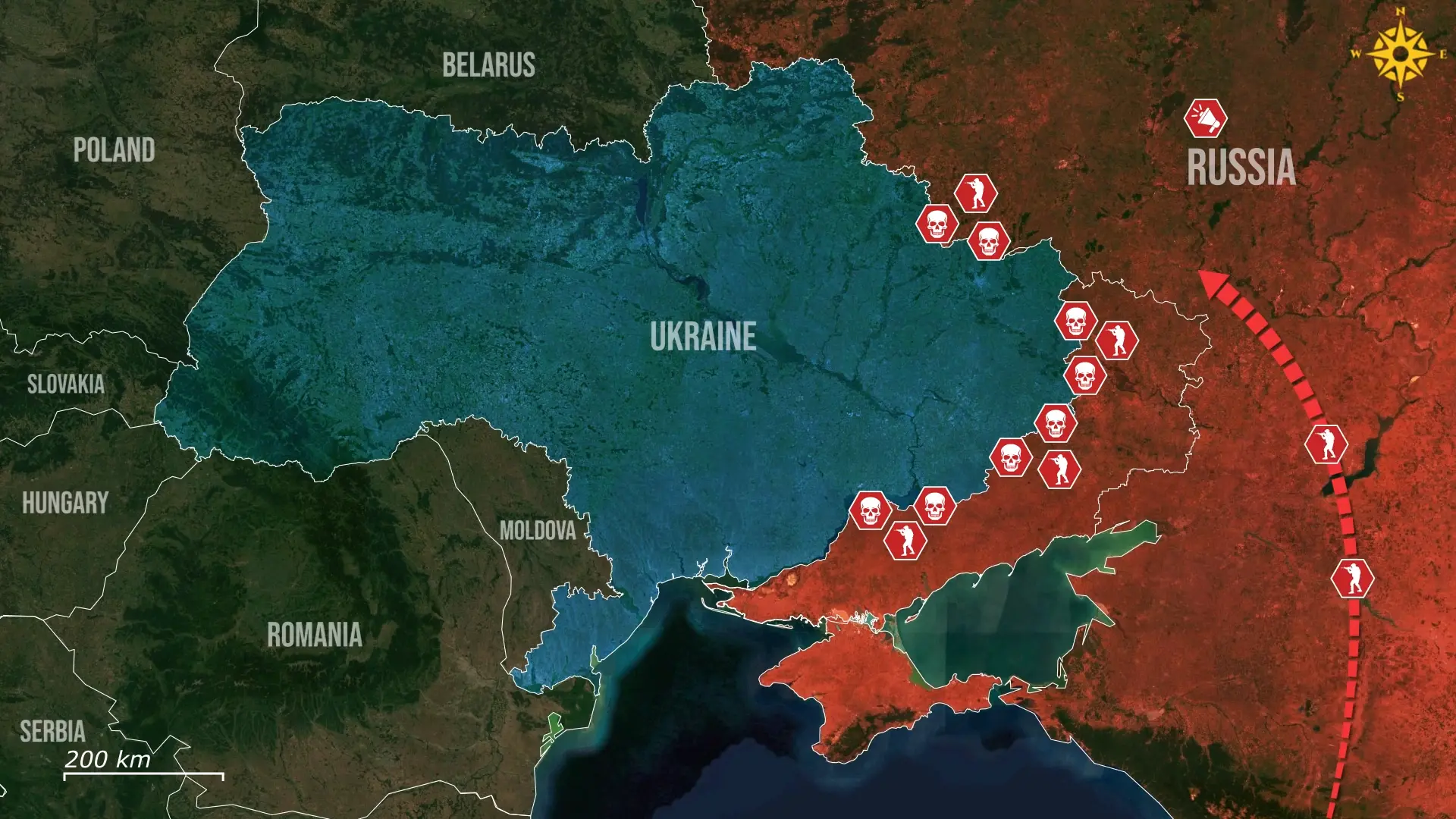
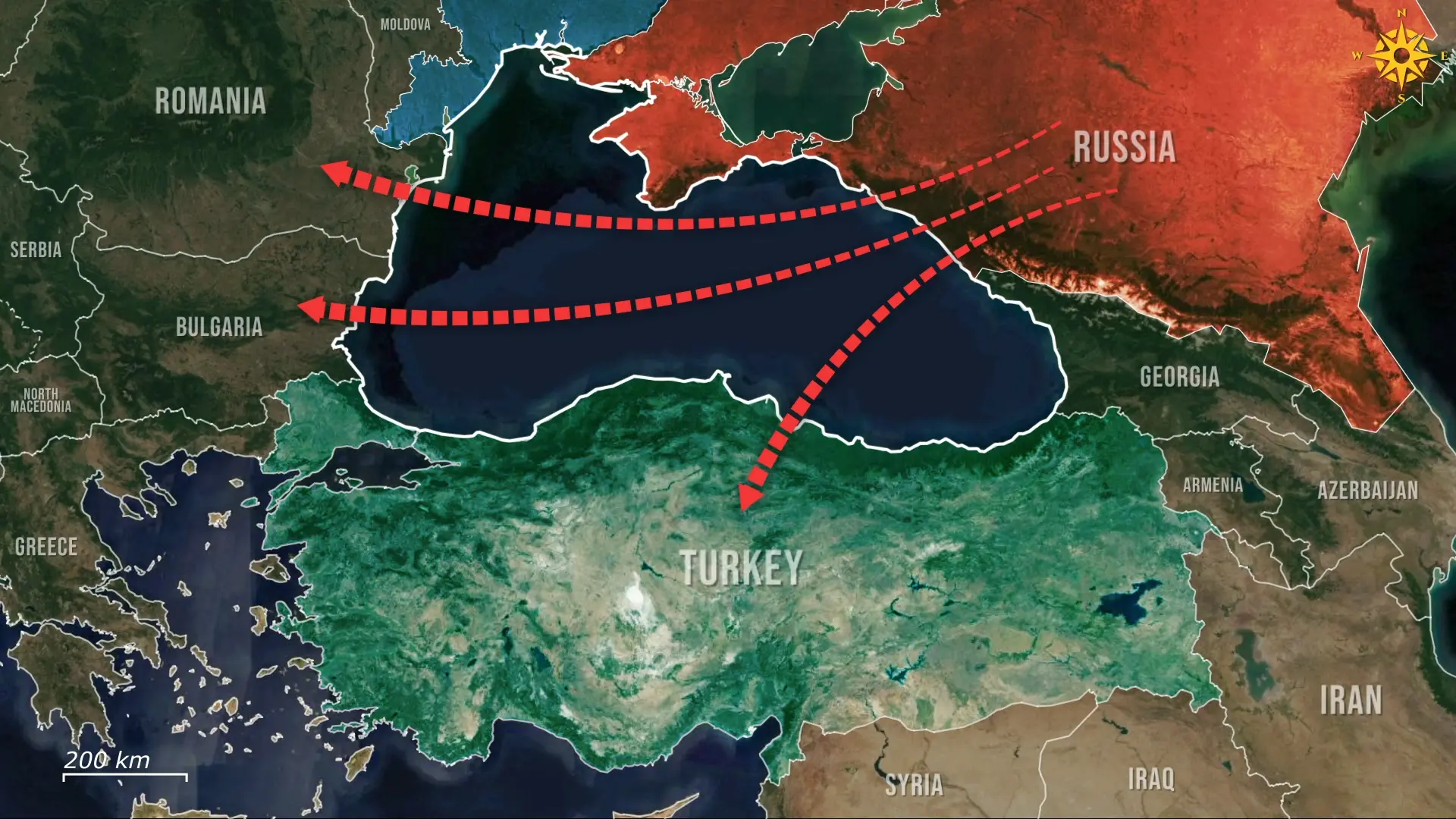
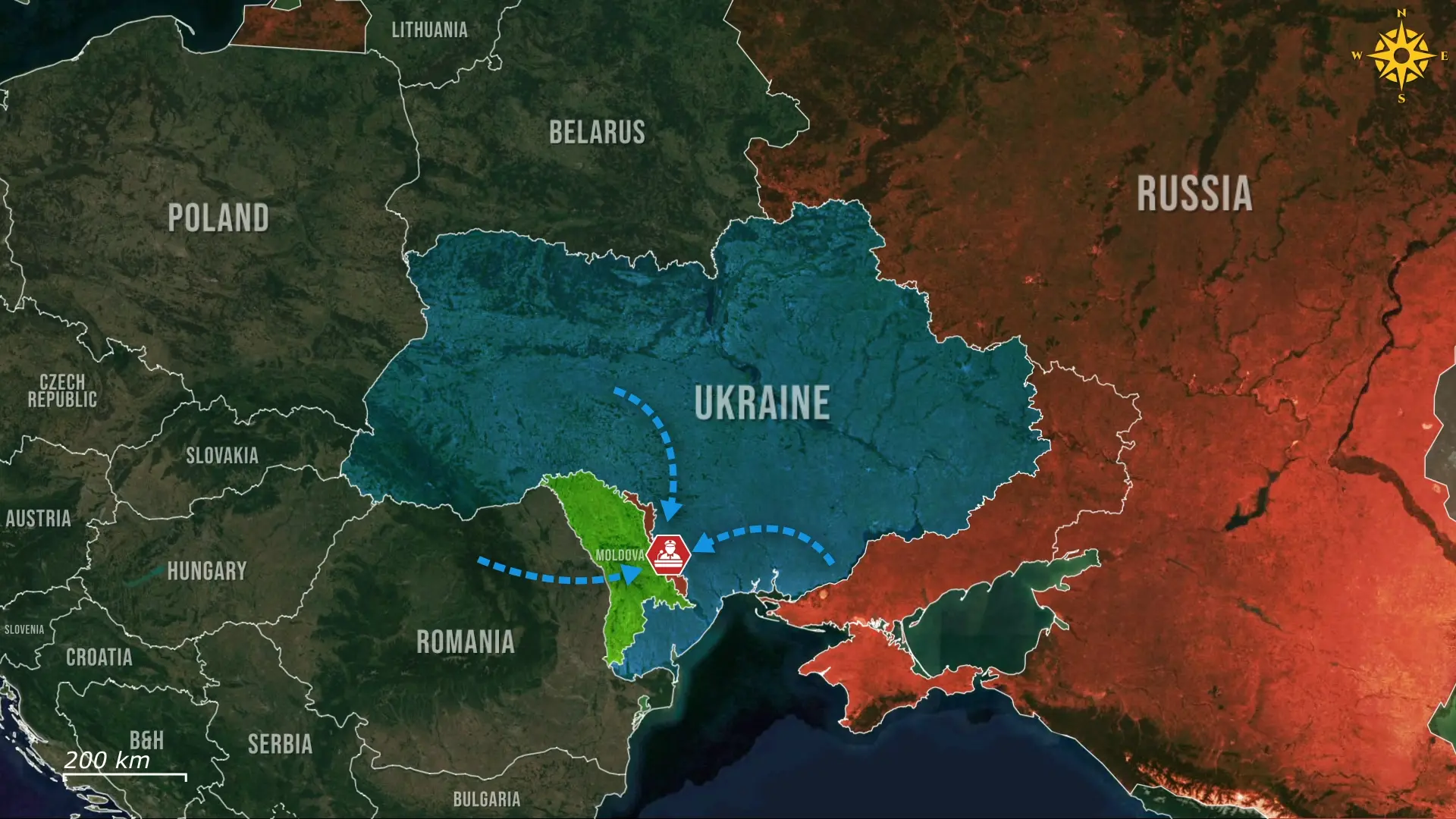
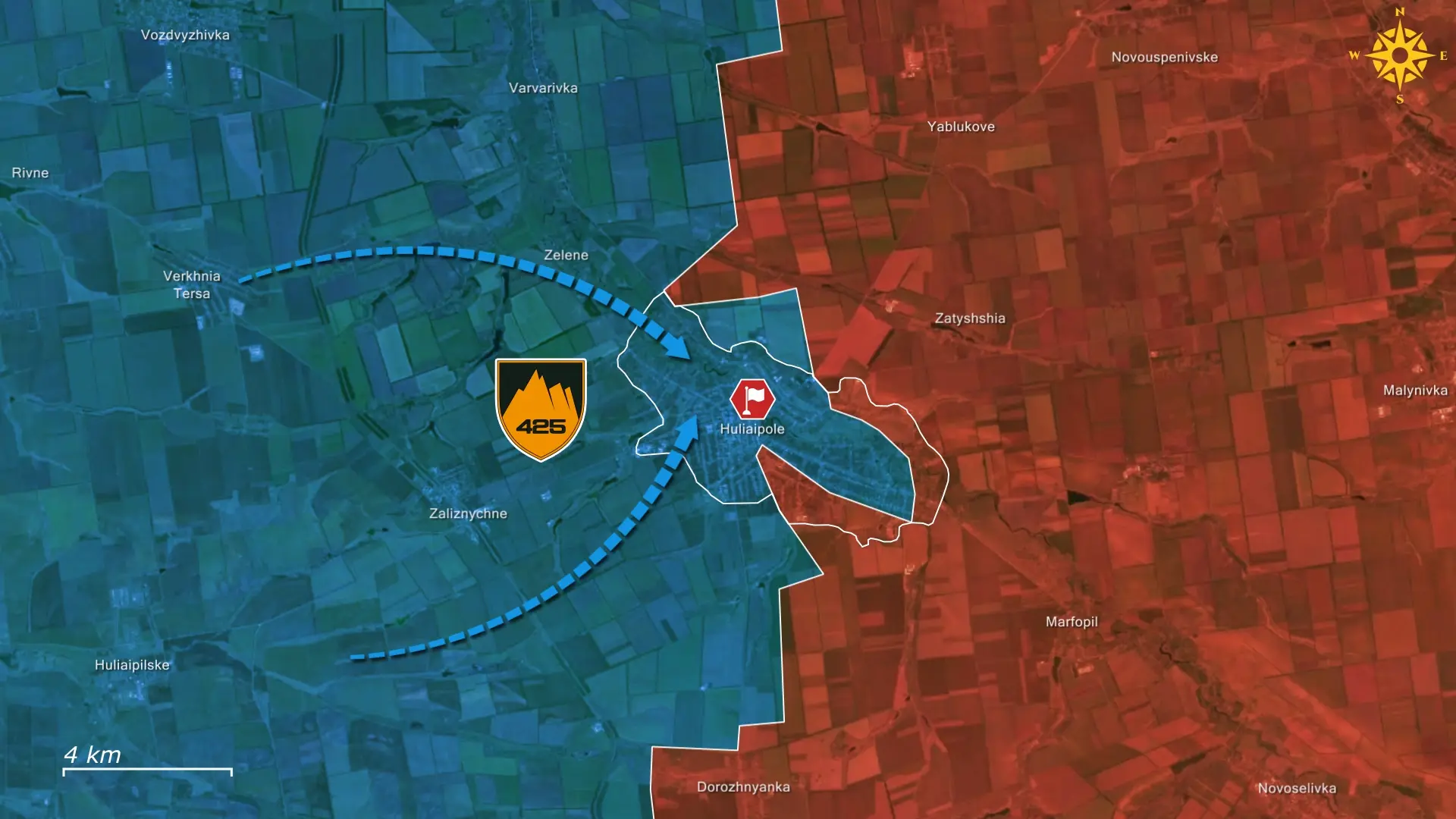
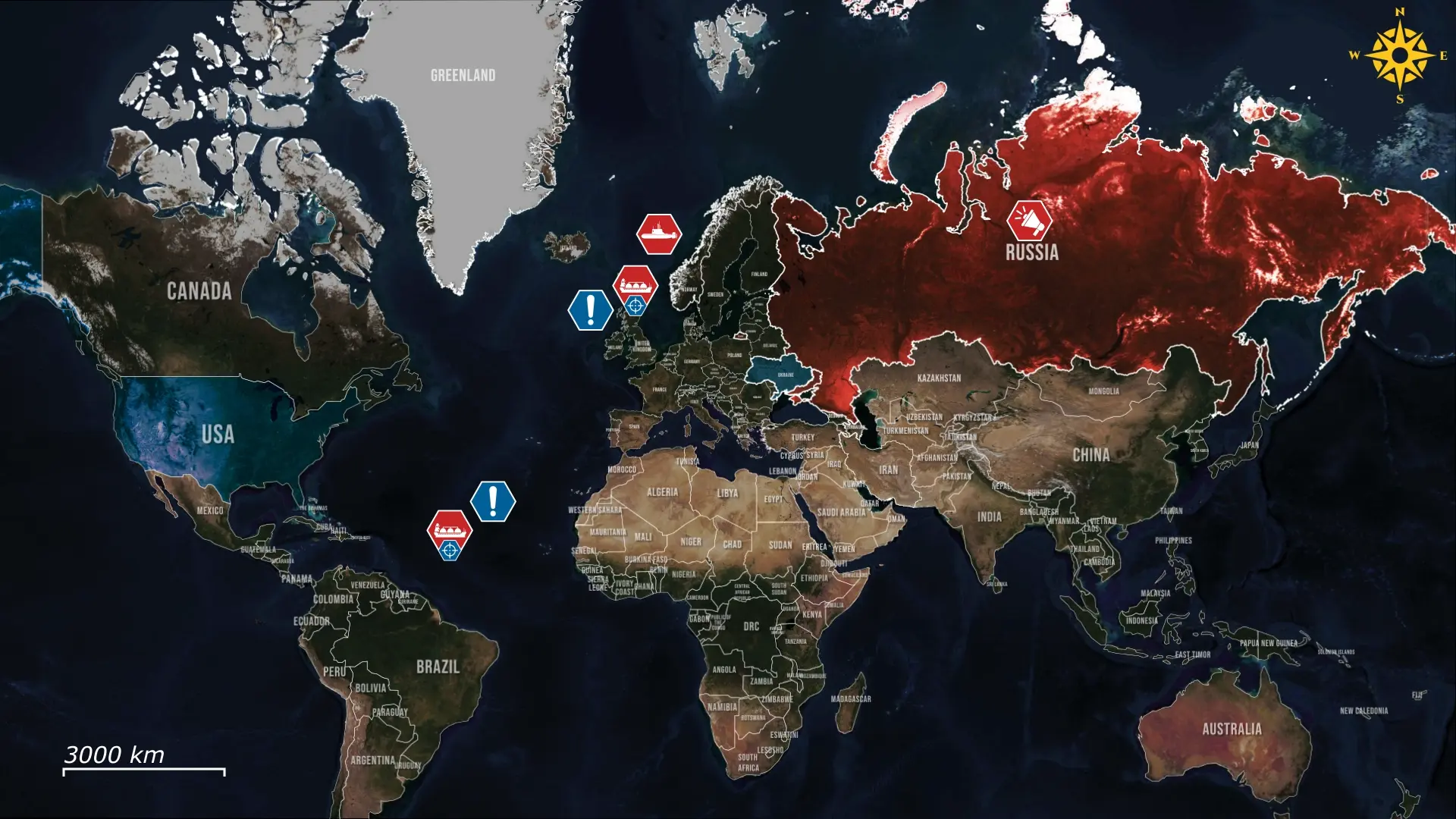
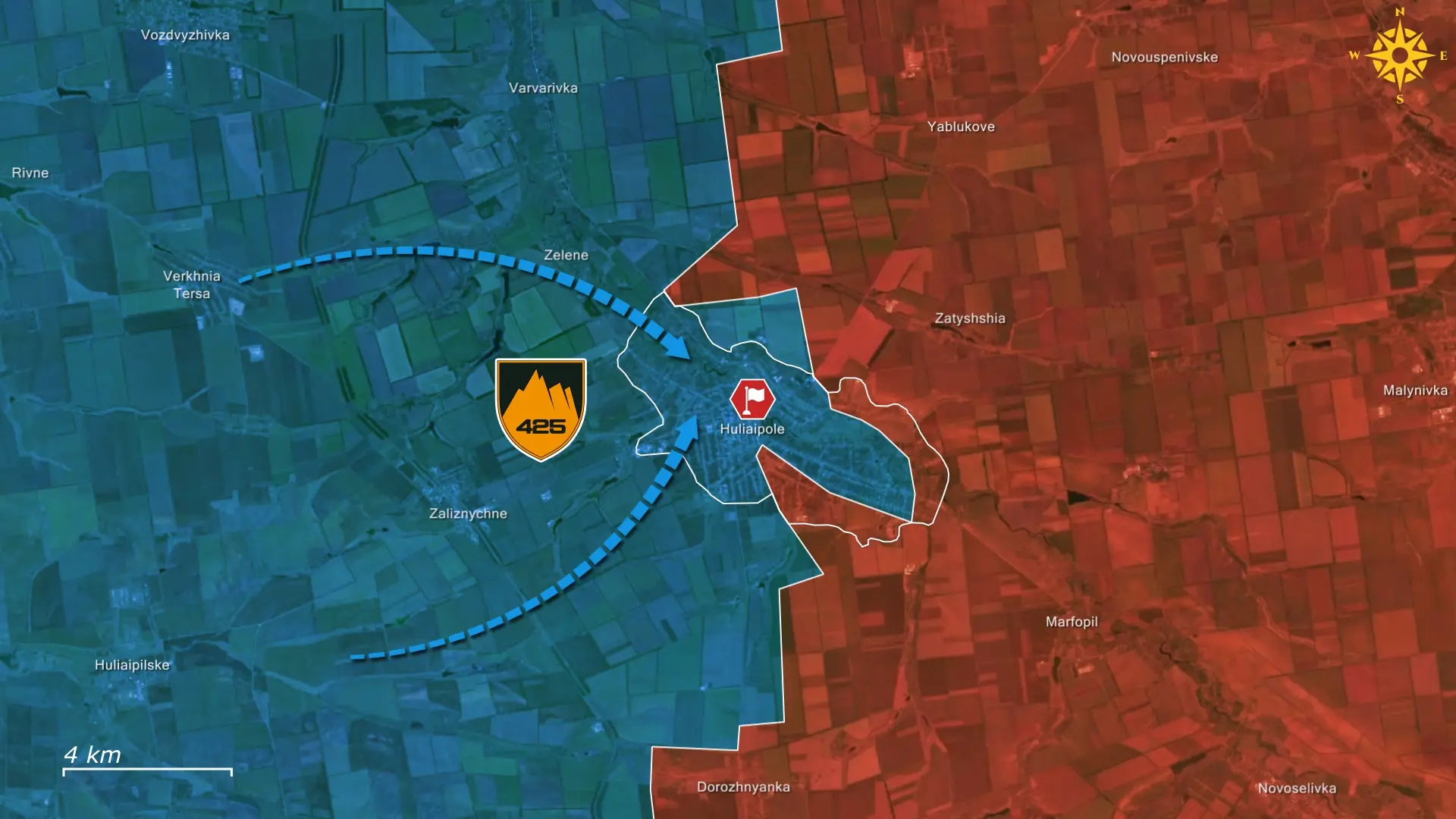
Comments